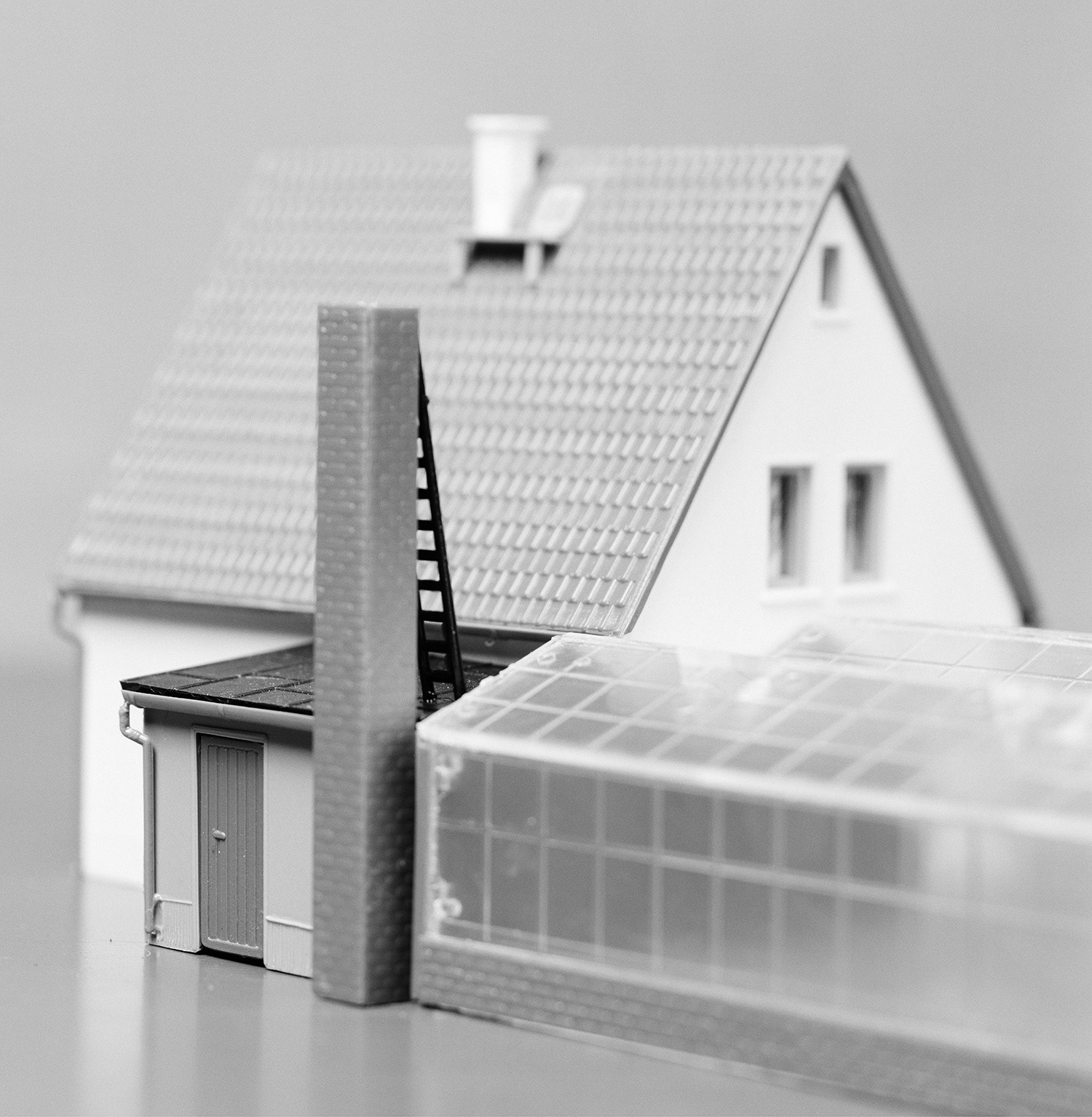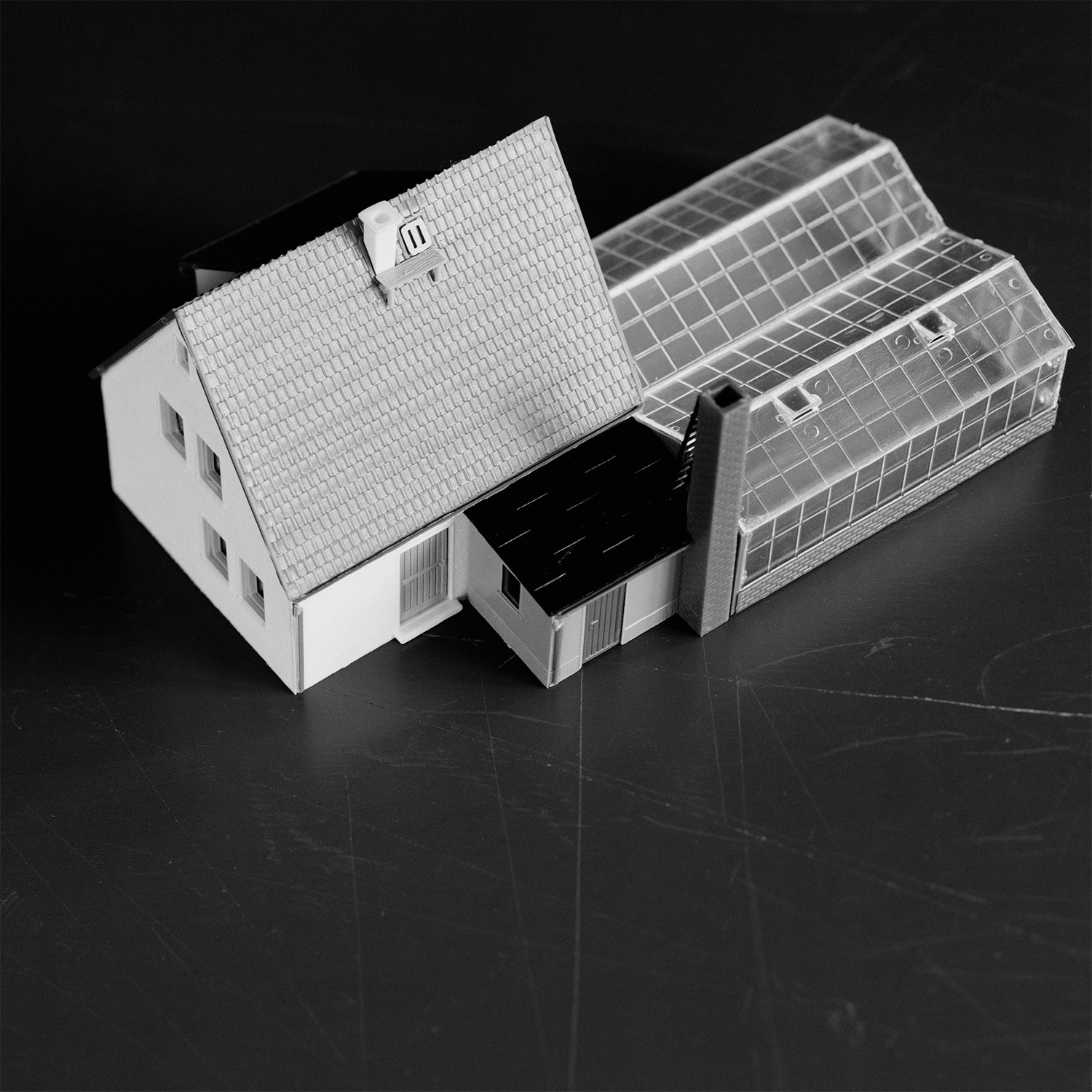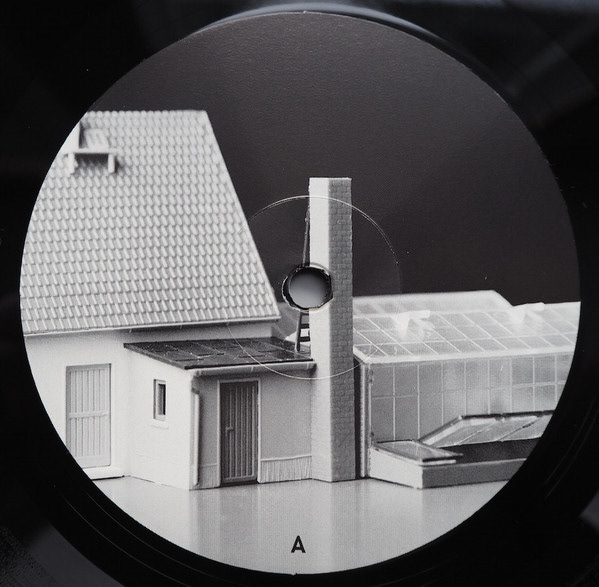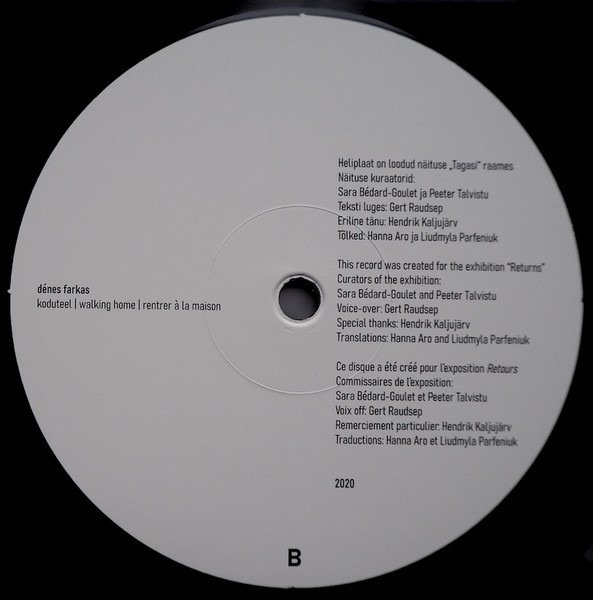



We are sitting at the table of the empty airport. Talking about the possibilities of changing the world. When the world has just changed around us once again. How could art introduce those possibilities, how art could help to rethink our ideas about our surroundings? We are talking about responsibilities. Do we have to care? Do we have to take sides? Do we have to say something? Does art always has to be political? Or is art always political?
“While reading, the reader appears as a subject capable of the same acts, affects and thoughts as when s/he is not reading. Just as this reader, who has both a psyche and a body, can be transformed by the text, s/he can actualize the text, producing the ‘reader’s text’, a unique, ephemeral and intangible production, in other words, a text as it is grasped while being read. The reading event describes the meeting of a text by a reader experienced as a revelational shock that transform her/is life forever.”
“We extend the conclusions to responses to other types of art (visual arts, cinema, etc.) to talk about an aesthetic response event. We argue that when this kind of event shakes the reader/viewer and transforms her/his world, it necessarily implies a loss that permits the emergence of ‘something else’. In spatial terms, a hollow or a hole must appear in order to make room for a new construction (which is actually erected around the hole, without filling it).”
We are talking about events that could change the world. About events that can transform life forever. I don’t know if it would be possible to create a shocking artwork, a revelation. I think about the events that had unforgettable influences on me, on my life.
For the high school I moved to the big city. Our part of the world was just about to change. The innocent childhood was replaced with intense political debates. Our school leaders had a hard time to decide what should they do with the mandatory celebrations of the dying system. Eventually we went to the movies to see Tarkovsky’s Andrey Rublev. After that three hours my world was never the same again. I remember only fragments of the movie but it has helped me to make decisions for years, which decisions finally led me to art. Not all the decisions are always good, of course. As the decisions our newly created and fragile system made for the sake of us (or rather the sake of themselves). We could choose freely our representatives and at the same time we started to hate the others not choosing like us. The world changed itself a little bit and we never had to celebrate the Soviet revolution again.
I have seen many other films later but only remember somewhat clearly the silhouette of Jesus on the Calvary with his cross in Pasolini’s The Gospel According to St. Matthew. It didn’t make me believe. Nor my heritage nor the work experiences in churches and monasteries in my later life. I think my younger self wanted to believe and even tried to pray, to create a connection with something unearthly. To feel safer. Only years later have I read in one of Traci Brimhall poems that “I believe in heaven when I hear requiems”. For me it is the Requiem Mozart wrote. I remember how the music teacher opened the cabinet doors and put on the record the first time. The first recording by Nikolaus Harnoncourt with original instruments and a small orchestra and choir. It doesn’t make me believe in heaven or god, maybe. But it does make me think about life and death. About the truth.
And there is, of course, Glenn Gould and Bach’s Goldberg Variations. The impossible recorded twice in his life. As my friend asked, what is the point in recording anything after listening to those interpretations. And he did it twice! As a young man and later just a few months before his death. They are both beautiful, precise and breathtaking. It has always fascinated me how against all odds (a weird man with weird habits singing along his playing, recording two very different versions of the same work) Gould manages to create perfection in the two very different stages in his life. Still when I put on the record I can think only about the absolute truth (And no truth is absolute).
We are talking about truth. The truth in the mathematical precision of interpreting a piano work. The truth in the words of a poem. The possibilities of the truth in an artwork. I have never imagined of becoming an artist. For a long time I have imagined the absoluteness in arts as I have thought about Michelangelo’s visions of hidden figures in big blocks of marbles. The beautiful and painful struggle with the image and with the material. But this romantic idea had been replaced after I met the works of Joseph Kosuth and other conceptualists. I was and still am fascinated by definitions and meanings of words. Fascinated by repetitions: to try and try and try to explain and understand until we know exactly what we are talking about. To understand what we are saying. To understand what I am saying.
We are talking about the truth again. I am talking about not lying in my works. That you can’t lie in an artwork. It doesn’t make any sense. The struggle of telling the truth without hurting someone or anyone. To carefully pick each word and each image and each material. To cover all the possible meaning and connections and stories. But is it worth it? Is there anyone who could understand a coded message if I don’t reveal the solution? Is it necessary or is it even possible to be understandable?
For me it is hard to understand what is important and what is not. The world around me has changed already so many times that I feel the safest when I am silent. The meanings of the words we are using has changed constantly. We create new histories with new stories with new sentences and with new words and new definitions over and over again. But is it my responsibility to say something or to be supportive towards different people or struggles or cases, or to be heard? Or should I be quiet and step aside? The standards of yesterday, the norms I grew up with, are invalidated. I have made jokes I shouldn’t and I have laughed about those jokes as well. I have been racist, sexist, ageist and so many other things I regret now. I have feared people who are different just because of the stereotypes I have learned. I can’t change that. Frustration. The world have changed (despite of me) and I have changed with it.
We have seen monuments falling and rising and falling again without solving anything but creating euphoria for just a few moments. To believe for a second or two. We have learned new words and adapted to new rules, new normalcies. We have been inside and we have been outside. We have seen darkness and light. And still we are not able to learn from our own mistakes. We are closing our eyes and covering our ears when necessary. Thus it is hard for me to believe in the possibility of an art event so shocking that is impossible to miss and would be able to change the world.
We are talking about responsibilities. In the world where hatred and arrogancy became the normal in politics how should we act? To create aesthetical oases and give other people a few seconds to forget all that is outside? Or should we speak up and propagate ideas that could save the world. To open the eyes of the ones who don’t want to see? Can art be open to everyone? I am skeptical by nature. I want to believe but I also see how far we are from each other to be able to create a conversation. While struggling to find the ways between inside and outside we are failing to see the catastrophic events which are destroying our world.